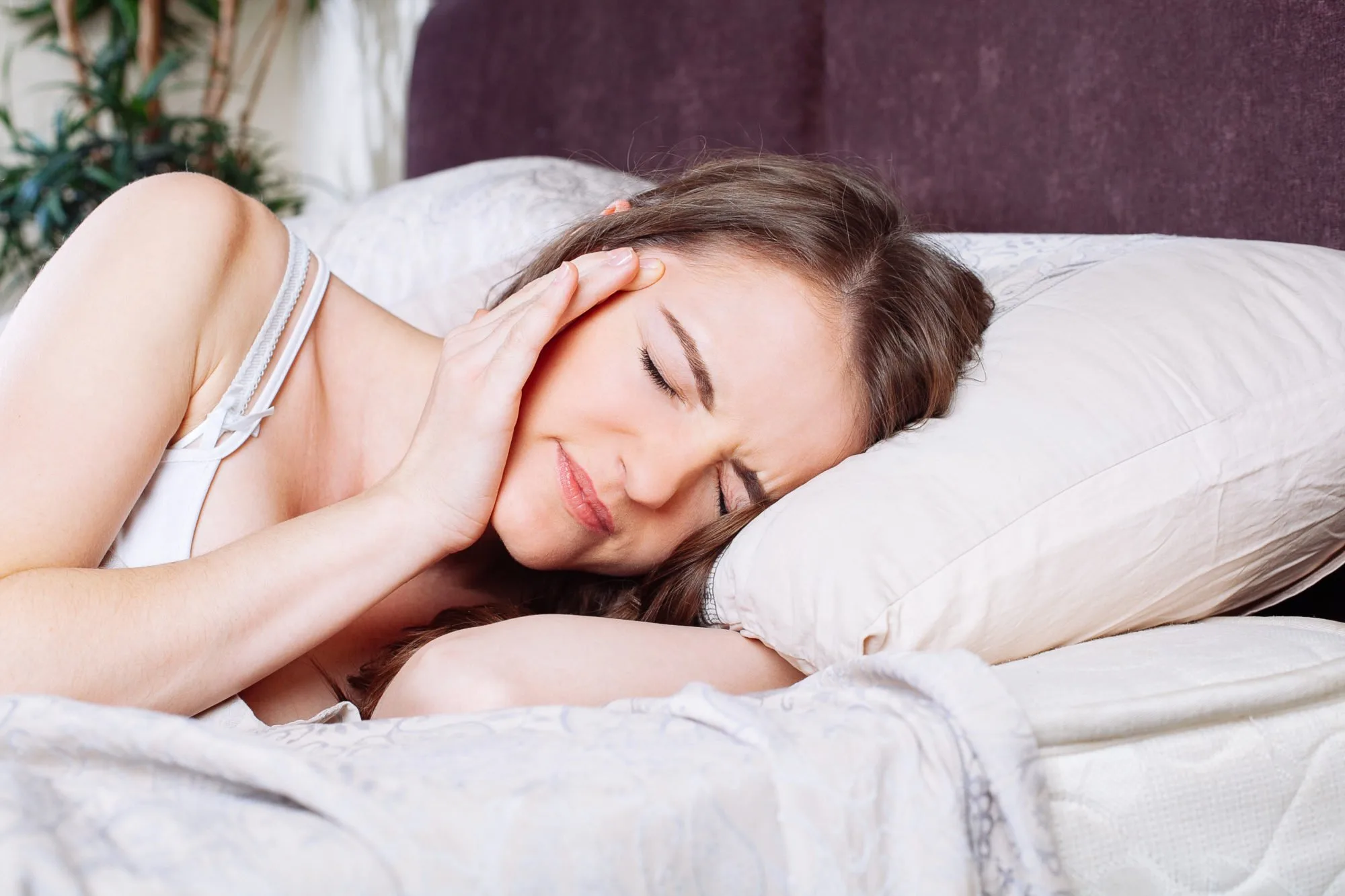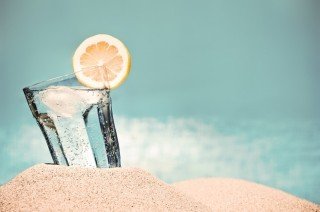If over the past holidays you realized that sometimes you felt a little under the weather – perhaps more so than before you went off work – you are definitely not alone, and there is a reason for this feeling. Getting sick just as you go on a long-awaited holiday happens to be a medical condition that has sufferers experiencing a range of symptoms, from colds and flu, nausea, and migraines to muscular pains. This phenomenon affects mainly workaholics, overachievers, and perfectionists, and with today’s increasingly stressful lifestyles, leisure sickness is going on the radar more and more – especially seeing as it can plague sufferers for weeks on end.
Nicole Jennings, spokesperson for Pharma Dynamics – a leading provider of colds and flu medication – says it’s unlikely that leisure sickness is a new occurrence, but rather that today’s scientists are starting to pay more attention to it, along with other so-called modern-day conditions, such as seasonal affective disorder, yuppie flu and the like.
“Leisure sickness was first identified by the Dutch when researchers at Tilburg University conducted a study among 1 128 men and 765 women between the ages of 16 and 87 and found that about 3% of the population suffered from ‘weekend’ or ‘vacation sickness’. Since then, more in-depth studies have been done to better understand the underlying causes.
How does leisure sickness function?
“Scientists believe that overachievers and people who generally have a high workload, along with an over-developed sense of responsibility toward work, are more susceptible to the condition. When at work your body is in a state of defense, since it requires complete focus, but when you’re on leave, your defense mechanism relaxes, and you become more vulnerable to illness.
“Another theory suggests that human beings also possess the ability to postpone illness to a more appropriate time, such as when it won’t compete with work responsibilities – similar to people with terminal illnesses, who delay their death until they’ve said goodbye to a loved one or until they’ve witnessed an important event, like the birth of a grandchild. Some also believe that when the body is under acute stress, it has a heightened resistance to disease than the other way around,” she says.
But with all the gifts to wrap, flights to catch, and parties to attend this festive season, how do you avoid spending most of your annual break sick under the covers?
According to the Dutch study, participants who were able to overcome the illness after suffering from it for more than a decade pinpointed either a specific event or life change that triggered their recoveries, such as moving jobs or changing careers, or fundamentally adjusting their attitude towards work and life.
Jennings says our immune, neurologic and psychological systems are so closely intertwined that when one presents with leisure sickness it shouldn’t be ignored.
“As is the case with many other illnesses, our body often gives us clues early on that something is wrong. If you suffer from leisure sickness and often find yourself spending weekends or holidays in bed as a result of a cold or numbing migraine, you need to take action.”
She suggests the following tips to keep leisure sickness safely tucked away:
- If you find yourself constantly responding to your boss and colleagues’ demands and expectations by working through every lunch hour and into the night, rushing from one meeting to the next, hardly giving yourself time to go to the bathroom, and putting personal needs aside, you are likely to have an overdeveloped sense of responsibility toward work, putting you at risk of leisure sickness. Set boundaries by making a list of the things you can say no to, delay or delegate, and make room for things that make you happy – every day. This practice allows the brain to focus on important tasks when it needs to, while also relaxing, so your body isn’t ‘shocked’ by the sudden downtime of a holiday.
- Evaluate whether your workload is too heavy. If it consistently interferes with your relationships, personal and family time, make a change. Aside from leisure sickness, unhealthy work habits lead to increased stress and burnout, which can trigger high blood pressure, heart disease, diabetes, accelerated aging, weight gain, and lowered immunity.
- Avoid working long hours right up to the start of your annual leave. Instead, build in buffer days, so you’re able to ease into and out of the holidays more gradually.
- Exercise regularly during the week to help your body get into a rhythm of relaxation so when you do go on holiday that your body is accustomed to winding down. Also, refrain from working over the weekends.
- Practice active relaxation techniques, such as deep breathing or yoga to avoid piled-up stress, rather than vegging in front of the TV or surfing the Internet.
- Set aside time for hobbies, such as reading a book or listening to music during the workweek or weekends, which not only helps you to unwind but aids in work-life balance.
- If you’re traveling, prepare for a time zone change by timing your sleep as close as you can with when it’s nighttime to wherever you’re headed. Also, pay for a good night’s rest if you can by booking decent accommodation. Enough sleep is critical for optimal immune function.
“To be the picture of good health this festive season – whether you’re spending it at some far-flung, exotic destination or at home – it’s best to increase your intake of healthy food, fluids, and immune-boosting supplements while keeping up proper hygiene practices to ward off nasty viruses wanting to take advantage of your well-deserved holiday,” advises Jennings.






![women [longevity live]](https://longevitylive.com/wp-content/uploads/2020/01/photo-of-women-walking-down-the-street-1116984-100x100.jpg)









